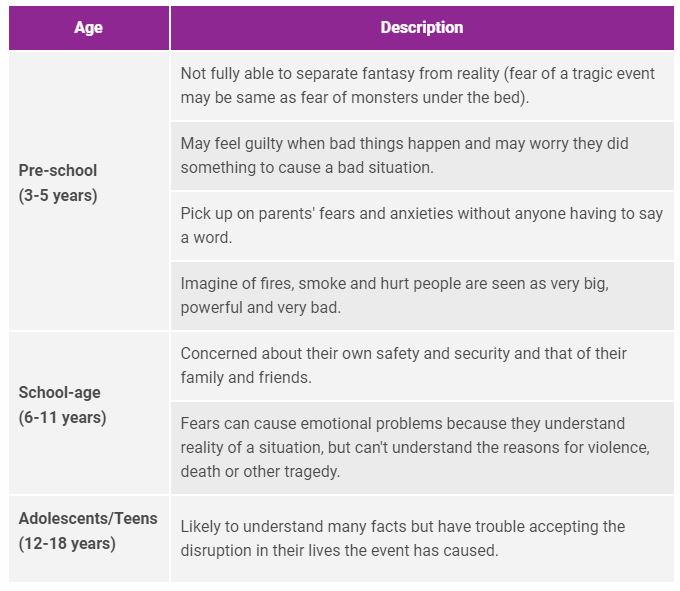COLUMBUS, OH (WCMH)– Back-to-school season is an exciting time for many children, but it can also be a stress-inducing activity for kids and their parents.
“I think the most important thing is make the time to talk,” explained one of Nationwide Children’s Hospital clinical team coordinators for school-based programs Kamilah Twymon.
[You should] ask a lot of questions, let your child really guide that conversation, so you can ask some open ended questions to see where their head is at. Definitely make sure you’re checking in around their emotional state. You can ask questions like, “Did anything make you feel nervous today? Did anything make you feel scared?” and kind of let them guide and lead that conversation.
Kamilah Twymon,
Likely, within the first week of school, students of all ages will go through emergency drills at school for fire, tornadoes, and active shooter invasions. Twymon says parents should talk to their kids about the active shooter drills in the same manner that they would approach fire or tornado drills.
“If you keep the [conversations] general, that way it’s encompassing all safety drills and not just alarming your child to those active shooter drills,” she added.
Twymon elaborated on that saying during those conversations it’s a good time to point out the other things your child’s school is doing to keep them safe, such as keeping the doors locked and making visitors buzz in and check in at the school office.
“Rather than focusing on the potential risk, maybe focusing on what schools are already doing to keep students safe,” Twymon stated.
Nationwide Children’s Hospital has guides available for parents and other caregivers on what they can do to reassure children and help them to feel safe.
How to Talk with Children (via NCH):
- Be honest, calm and factual. Answer children’s questions, but don’t overwhelm them with too much information.
- Offer hope. Let children know they are not alone.
- Assure children you are there for them and “we’ll get through this together.”
- Help children and teens to express their worries and fears. Younger children may share their feelings in play and drawings; older children may want to write about their feelings. Toddlers and preschoolers may feel guilty when bad things happen; reassure them that they did not cause what happened.
READ: Helping Children Feel Safe in Stressful Times
“Too much information” means different things at various ages, according to NCH’s helping hands guide. Below is a chart outlining the differences.













